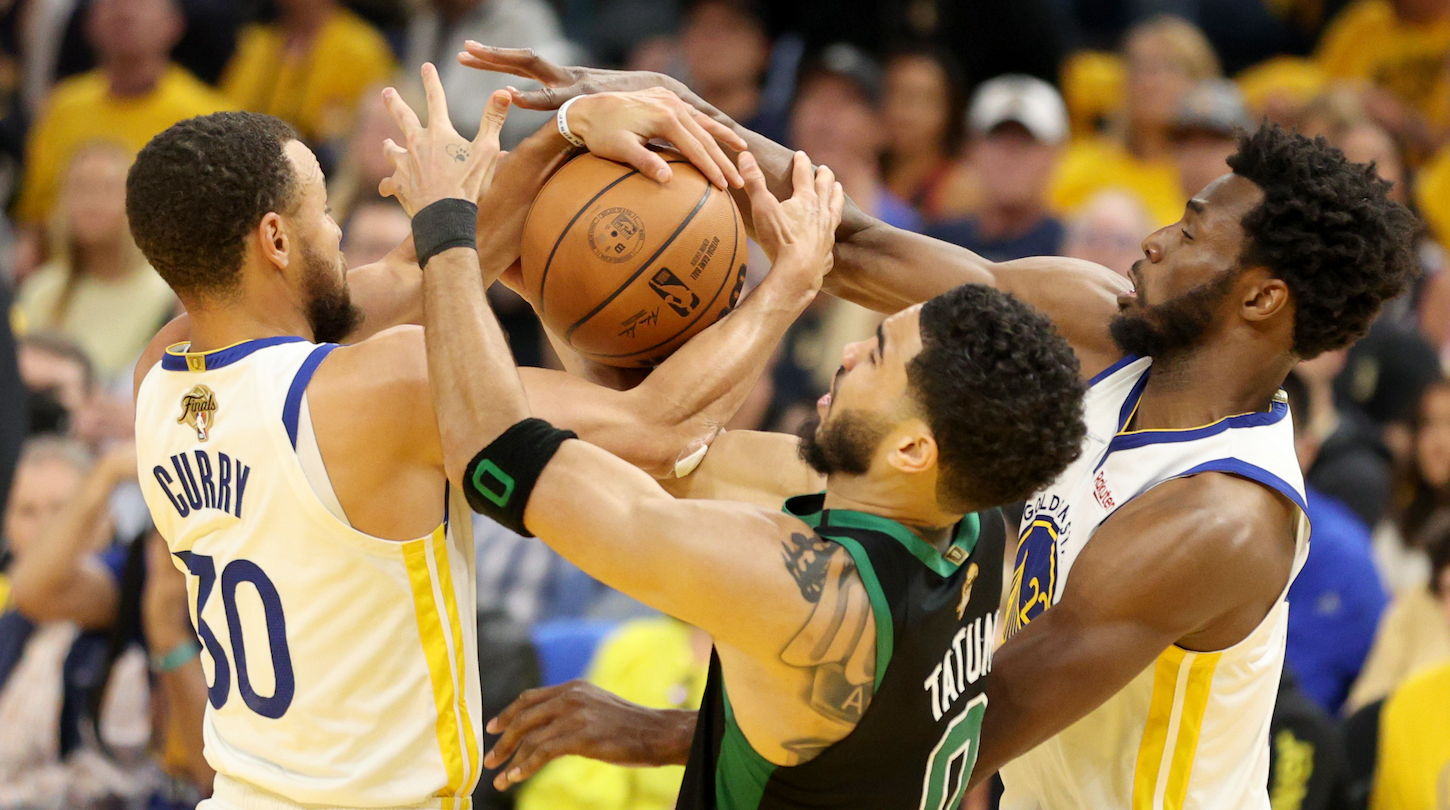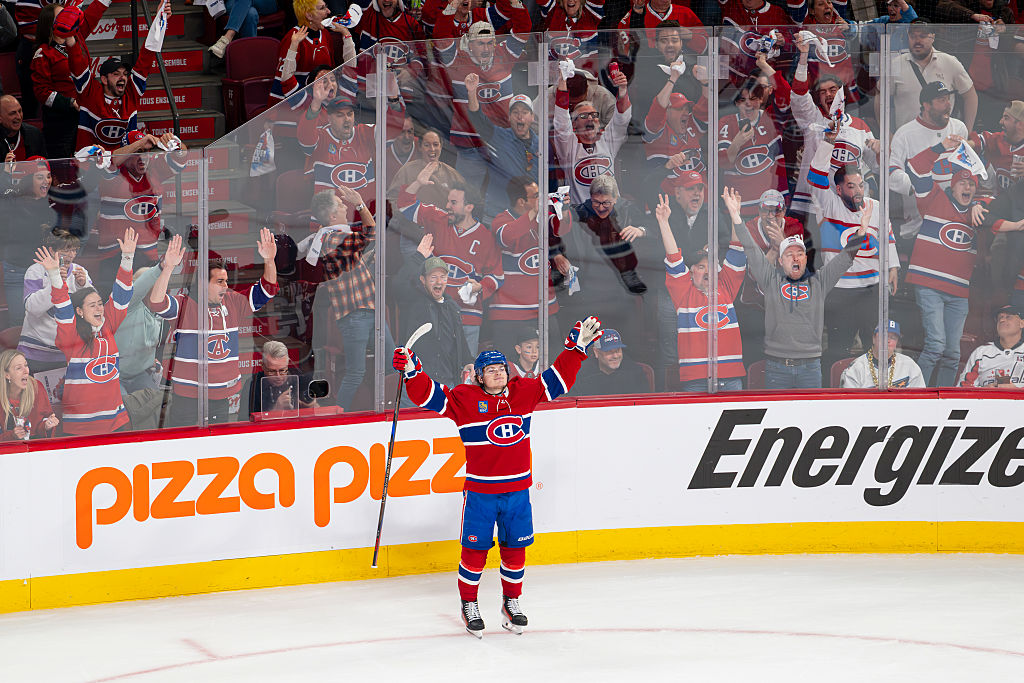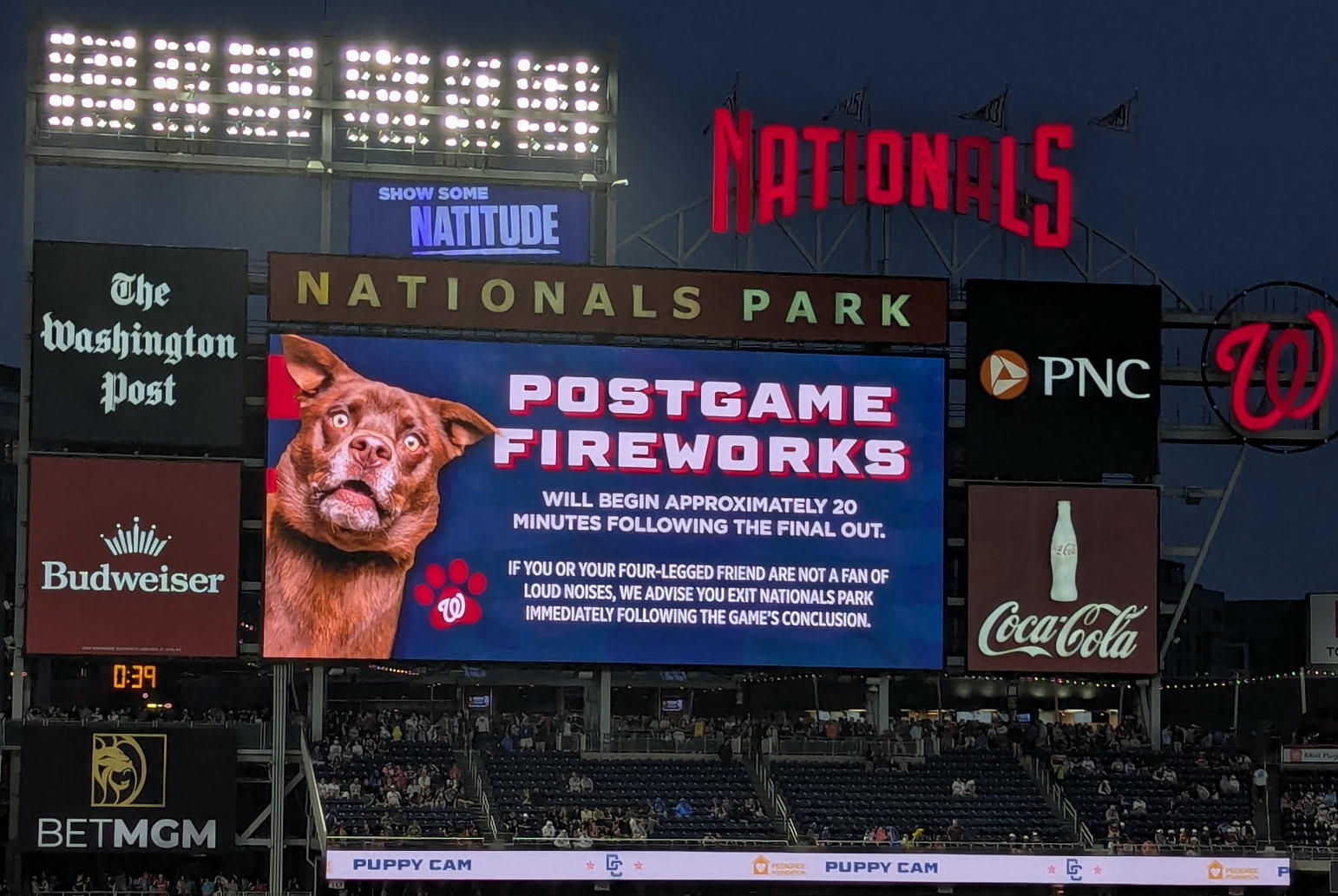Andrew Wiggins was absolutely brilliant in Game 5 against the Celtics; another two-way performance like that one in a clinching sixth or seventh game for the Warriors and it's conceivable the former metonym for disappointment could walk away with a Finals MVP trophy in the same year as his first all-star appearance. I would like to call some attention to the guy he's been earning plaudits for guarding. Poor Jayson Tatum is having a Bad One.
It didn't seem so at first. Tatum shot a brutal 3-for-17 in Game 1, but played a terrific all-around game in pretty much every other sense, passing his way to a game-high 13 assists and keying a Boston offense that seemed beyond all defending for long and terrifying stretches. The Celtics, as you'll recall, blew the Warriors away in the fourth quarter of that game, shrouding the bad shooting performance in a rosy haze: If Boston can win by a dozen in the Warriors' building on a night when Tatum makes 18 percent of his shots, the thinking went, reasonably, then they're really gonna wreck shit when he inevitably finds his groove. There wasn't any particular reason to make much of the crummy shooting: Tatum had been incredible against a tough Miami team in the previous series, and throughout the whole postseason to that point.
Similarly, Game 2's results sort of scrambled the picture a bit. The Celtics lost huge, and Tatum posted a nightmarish minus-36 figure on the night, but he shot much better (8-for-19, and a sparkling 6-for-9 from three)—plus, nobody anywhere expected the Celtics to win both those first two games on the road; you'd expect Boston's young stars to wobble a bit when hit with Golden State's best punch. Last night's result was similarly muddled at the box-score level. Tatum shot just fine (10-for-20, 27 points) overall, but faded from the action in the fourth quarter, hitting just one of his five field-goal attempts, missing a pair of free-throws, and going a personal minus-15 in the period as the Celtics bungled their brief lead and then got blown away.
The big picture that's come into focus over five games is pretty rough:
Jayson Tatum in these Finals
— Tom Haberstroh (@tomhaberstroh) June 14, 2022
2FGs: 30.6%
3FGs: 47.5%
FTs: 65.6% pic.twitter.com/2sEfV2r1FG
That 30.6-percent figure on two-pointers is appalling. In the regular season Tatum made his twos at a 52.4-percent rate, comparable to those of Steph Curry and Luka Doncic; 30.6 would have been, by miles, the worst two-point percentage of any regular player in the league. Some of this certainly is a credit to Golden State's outstanding team defense, the league's second-best over the regular season. And Wiggins—the very rare, possibly unique defender who can engulf Tatum with size without sacrificing agility at the point of attack, who can crowd him on the perimeter and still turn and run with him when he attempts to dribble-drive—has been a menace. You can see as much in the games: Tatum has had to visibly alter a number of his typically smooth step-back and turnaround jumpers in this series because of Wiggins's length and ability to close gaps. Drive after drive has gotten him as far as a hard-won step inside the free-throw line, and no farther; as a result he's had to settle for a heavier diet of those contested jumpers at a time when he's struggling to make them.
But the free-throw number—65.6 percent accuracy, a very far cry from Tatum's terrific 84.4-percent career figure—points to there being something more working against him than just whatever the Warriors are doing during live play. The question is what exactly the something might be; the grim possibility is that it's multiple somethings.
It might be injury. Tatum hurt his right, shooting-side shoulder in Game 3 of the conference finals, and has winced at it several times since. Surely he is feeling the effects of having played a crazy amount of tough, hard-fought playoff basketball, far more than ever before in his career—and, for good measure, a lot more than his counterparts on the Warriors:
Jayson Tatum playoff minutes: 898 (will add 45 more tonight)
— Chris Forsberg (@ChrisForsberg_) June 14, 2022
Next closest non-Celtics player: Klay Thompson, 711.
Jaylen Brown (832) and Al Horford (743) were Nos. 2 and 3 entering night.
I suppose there is also the possibility of brain boomage, a specter that always appears in the background of any NBA star suddenly shooting free throws a lot worse than usual in a playoff series. I raise this possibility only to (mostly) discount it, to the extent that it can be even separated, even conceptually, from the roles injury and fatigue could play in causing it. If Tatum's suffering a minor bout of brain boomage while playing injured and deeply fatigued against one of the great dynasties in basketball history in the Finals, well, this sentence already contains at least three defensible reasons for it.
Still, Tatum has receded from games for significant stretches and has seemed perhaps a little too eager at times to function as a mere cog in Boston's offense. That's not a moral judgment: As with any other team much of what makes the Celtics' role players and schematic stuff effective is the floor-warping gravity of the team's stars, and Tatum, for all Jaylen Brown's excellence, has been Boston's star this season. If it's too reductive to pin the dogshit Game 5 performance of Boston's reserves—the regular bench guys combined for a whopping four points—on Tatum's struggles, it seems fair to say at least that he's not making things easier for them to the degree that he did, for example, against the Heat.
That's a function of basketball stuff that's largely out of his control, too. Steph Curry shot a horrible 7-for-22 from the floor in Game 5, including 0-for-9 from three, the first time in his career he's gone an entire playoff game without making at least one three-pointer. Many of those were contested, a credit to Boston's defense, but even the contested ones were only contested within the spectrum of defensive pestering that Curry has incinerated countless times in his career. Yet there was never a Golden State possession during his 37 minutes of playing time when you could not see the danger of his shooting range inflecting everything the Celtics did, even when he was not doing anything special. It's no particular criticism of Tatum, a spectacular player and one of the most splendidly well-rounded young scorers in many years, to observe that his skills simply aren't configured in a way that can have that effect on an opposing defense on a night when injury or exhaustion (or a boomed brain!) are leaving all of his shots on the front of the rim.
What seems clear is that however well or poorly any of this explains his struggles, none of it augurs well for Boston's chances in the series. The Celtics need a Jayson Tatum a lot more like Jayson Tatum, and they're running short of time for his arrival to make a difference.






